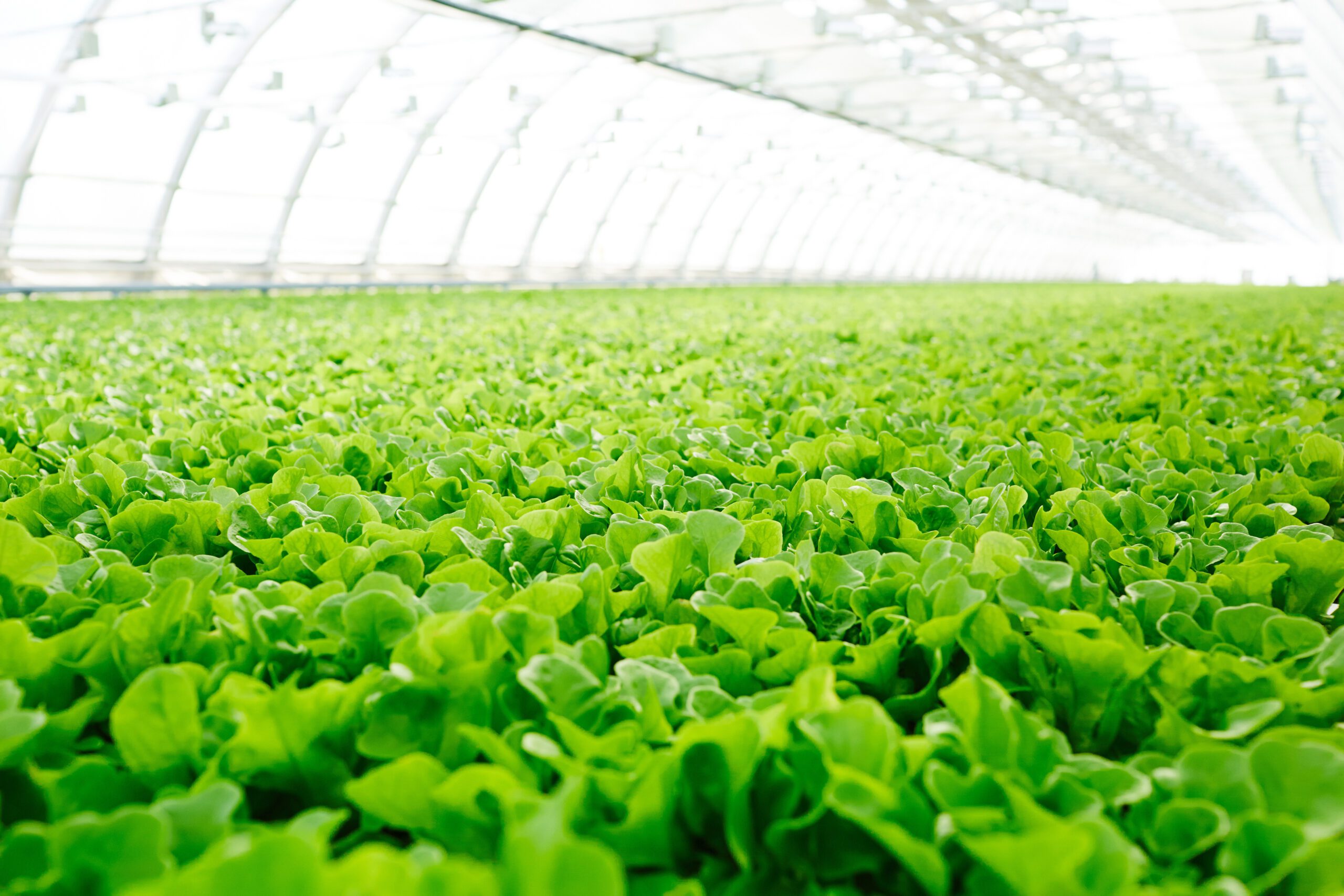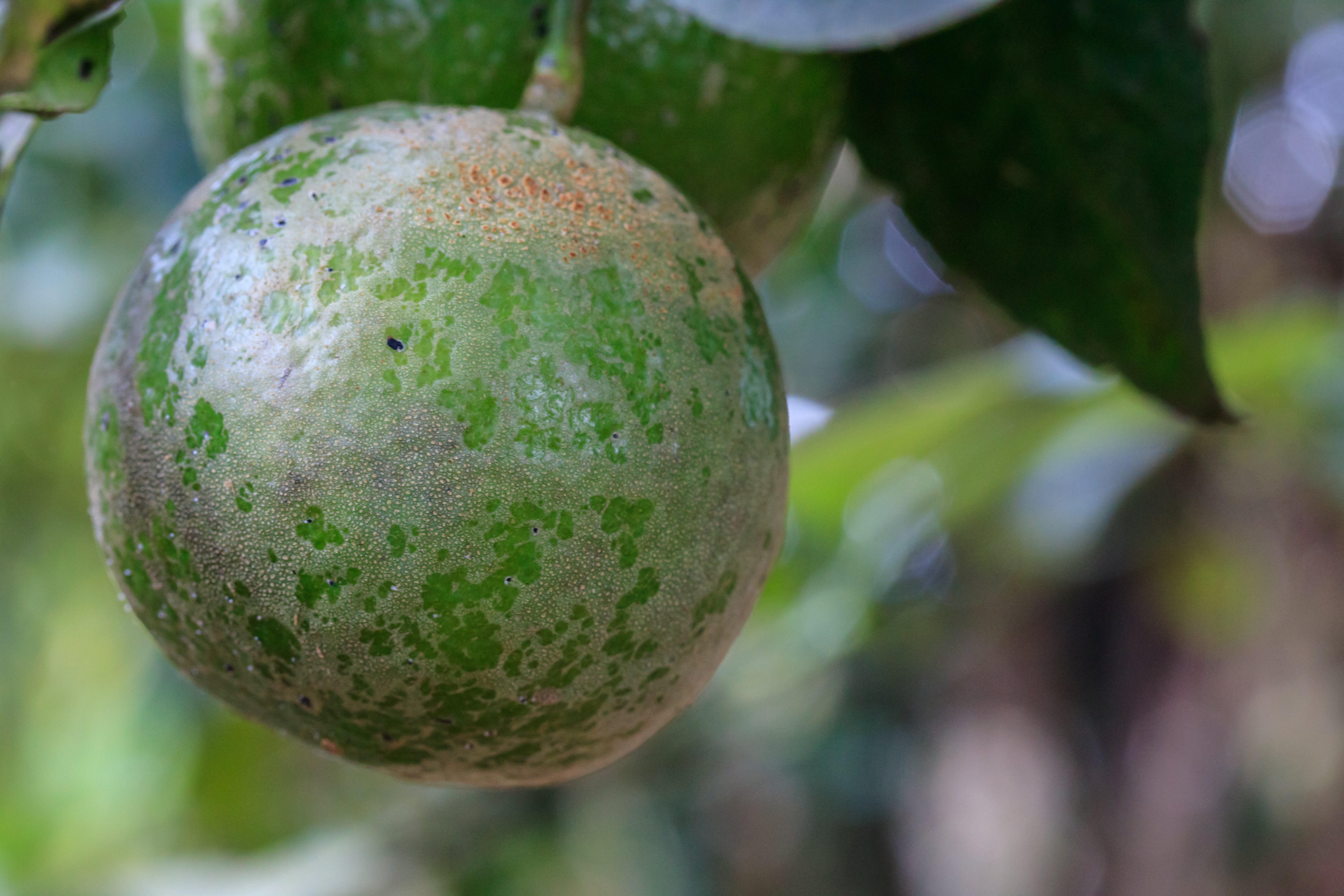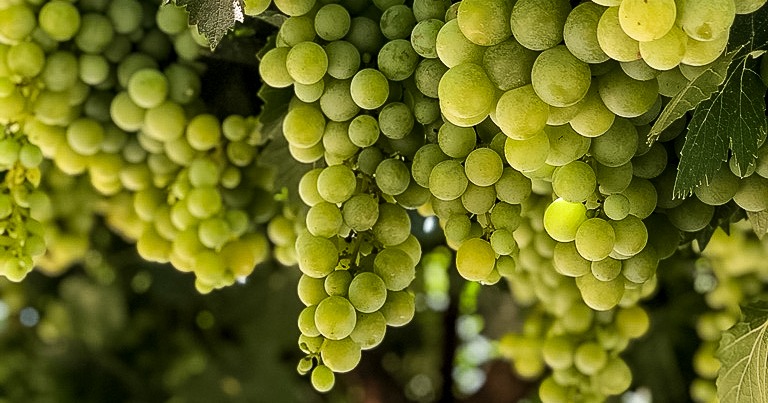PureCrop1: The Ultimate Organic Solution for Hydroponic & Home Growers
Are you struggling with pests, mold, or mildew in your grow? PureCrop1 offers an innovative, all-in-one organic solution that eliminates. Exclusively...
Find definitions for terminology commonly used on our website.
(COP), the osmotic pressure exerted by (relatively) large molecules. Water is attracted to higher concentrations of dissolved solids.
A colloidal solution is a type of mixture which consists of particles whose size varies between 1 and 1000 nanometers. In a colloidal solution the particles are distributed evenly. The particles do not settle out of solution.
The major digestive enzymes in the midgut of insects consist of amylases, glycosidases, lipases and proteases.
Coulomb’s Inverse Square Law – Like magnets, opposing charges are attracted and similar charges are repelled.
A chemical process of decomposition involving the splitting of a bond and the addition of the hydrogen cation and the hydroxide anion of water. How insects’ digestive enzymes break down their food.
Cell Disruption, or Cell Lysis, is the process of breaking cell wall and/or membrane to release intracellular fluids. Ion exchange resulting in membrane disruption, flooding or desiccation of cells result. Over fill or pop a water balloon.
Insects that feed on green plants
Light scattering by particles in a colloid. More blue scattered than red.
A molecule having a net formal charge of zero, but negative and positive formal charges on individual atoms within its structure. Positive on one end, negative on the other. Colloid graphic would help here.
Our formulation breaks down the corn and soybean oil into long-chain fatty acid molecules, such as palmitic, stearic, oleic, linoleic, and linolenic acids. The fatty acids are then rearranged into the colloidal micelle, which delivers them directly to the sap layer to be used immediately by the plant.
An emulsifier used to super-fat the particle, allowing greater efficiency as a carrier (up to 23% of micelle weight)
rovides a physical barrier and a high concentration of Arabinogalactan-proteins (AGPs) that contain lipid anchor sites. AGPs are implicated in various aspects of plant growth and development, including route elongation, hormone responses, xylem differentiation, pollen tube growth and guidance, programmed cell death, cell expansion, salt tolerance, host-pathogen interactions, and cellular signaling.
An emulsifier and chelator that makes nutrients more available. Augments the inhibitory effect of high concentrations of ATP, high concentrations can inhibit phosphofructokinase, the catalyst of a rate limiting step of glycolysis.
Boosts the performance of phytoalexins in the plant, improving response to attacks by insects and pathogens. Insect repellant and synergist improving the performance of other ingredients by increasing electrical potential.
(Vegetable-based fatty acids) Sodium or potassium salts combined with a proprietary base to produce soap through saponification. Soap is a surfactant that reduces surface tension. Micelle are made from soap. However, not all soap becomes a micelle. Glycerin is the other byproduct produced in the process.
Check out our content from the field updated weekly.

Are you struggling with pests, mold, or mildew in your grow? PureCrop1 offers an innovative, all-in-one organic solution that eliminates. Exclusively...

Commercial citrus growers know the high stakes of crop management and the economic impact of pests, especially Citrus Thrips (Scirtothrips citri)....

If you were faced with uprooting your struggling vineyard or trying to save it... What would you do?
Don't miss new updates! Subscribe to the West Coast Ag Products newsletter!
West Coast Ag Products © 2024 All Rights Reserved. | Privacy Policy